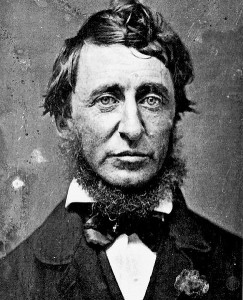by Lethe Bashar
The poet is the editor of Escape into Life, arts/culture web-zine and fine art auction. He is also working with an illustrator from Argentina on a graphic novel. Besides that he keeps up an essay-blog, The Blog of Innocence, that covers topics in the arts, social technology, and a general philosophy of life.
This poem was originally posted on Twitter as an experimental project in spontaneous poetry via Twitter with @paulokoba
each night I go to bed
a little bit later
I wake up in the morning
forgetting the past
days add up like coins in my pocket
I’m rich with hours
another little bit has passed
I find another hobby
swear to myself I’ll get healthy
another little bit has passed
I think about the news
write about my views
another little bit has passed
when will this world come to an end?
it seems so eternal right now

